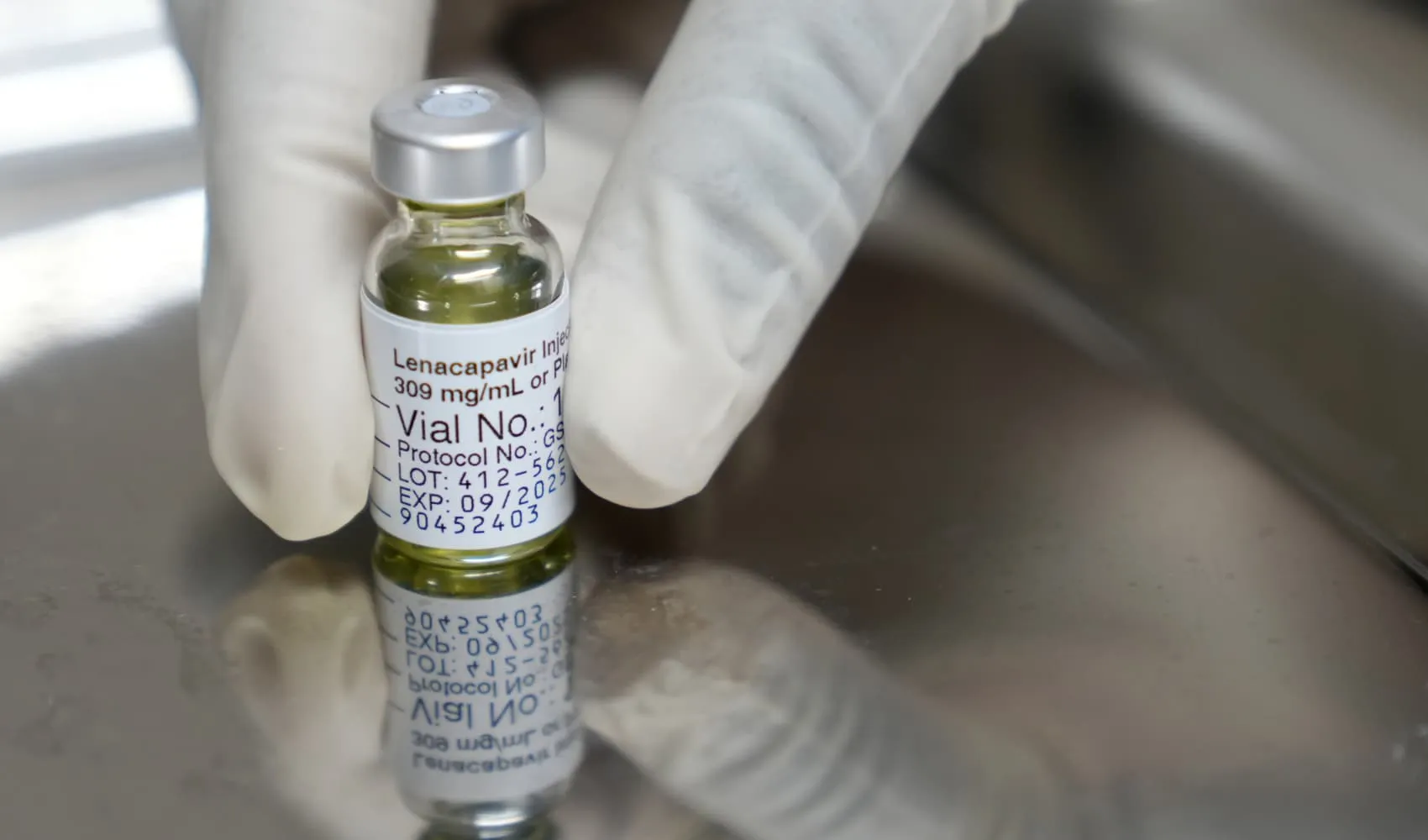Gilead's Twice-Yearly Shot Shows 96% Reduction in HIV Infections

Significant Reduction in HIV Infections
In a groundbreaking trial, Gilead's twice-yearly shot has demonstrated a 96% reduction in HIV infections, according to the latest reports. This study marks a critical milestone in HIV prevention strategies, setting the foundation for potential FDA approval of Lenacapavir. As healthcare professionals seek effective solutions, these results shed light on new opportunities for patient care and public health initiatives.
Implications for Future Treatments
The implications of this research are profound. Patients may gain access to innovative HIV prevention methods that could redefine treatment protocols. With the full support of clinical data, healthcare providers are likely to adopt these practices swiftly, promising a brighter future in the fight against HIV.
Final Thoughts on HIV Prevention
As we remain committed to combating HIV, developments like these from Gilead are crucial. The future looks hopeful with advancements like Lenacapavir, potentially revolutionizing HIV treatment and prevention worldwide.
Disclaimer: The information provided on this site is for informational purposes only and is not intended as medical advice. We are not responsible for any actions taken based on the content of this site. Always consult a qualified healthcare provider for medical advice, diagnosis, and treatment. We source our news from reputable sources and provide links to the original articles. We do not endorse or assume responsibility for the accuracy of the information contained in external sources.
This article was prepared using information from open sources in accordance with the principles of Ethical Policy. The editorial team is not responsible for absolute accuracy, as it relies on data from the sources referenced.